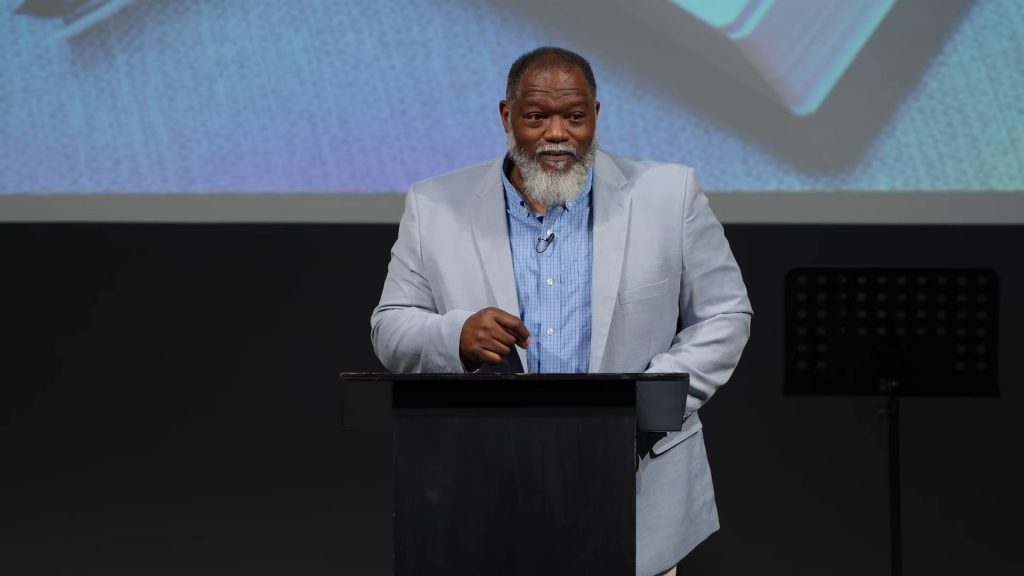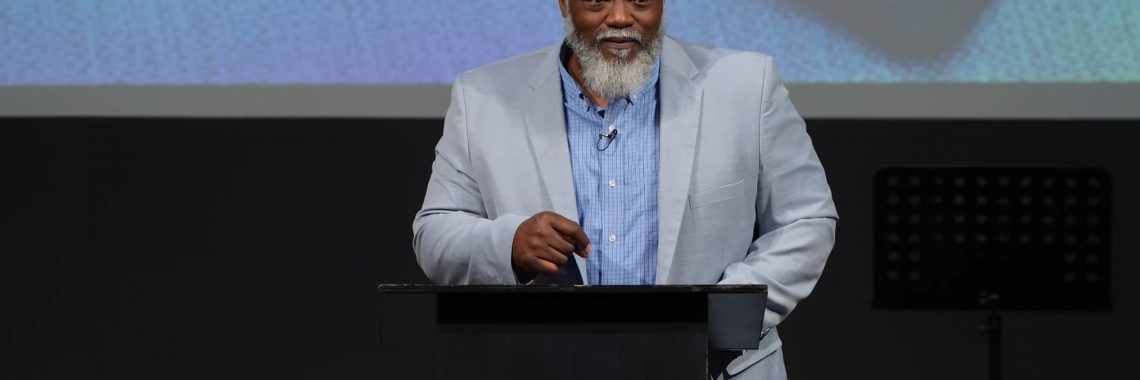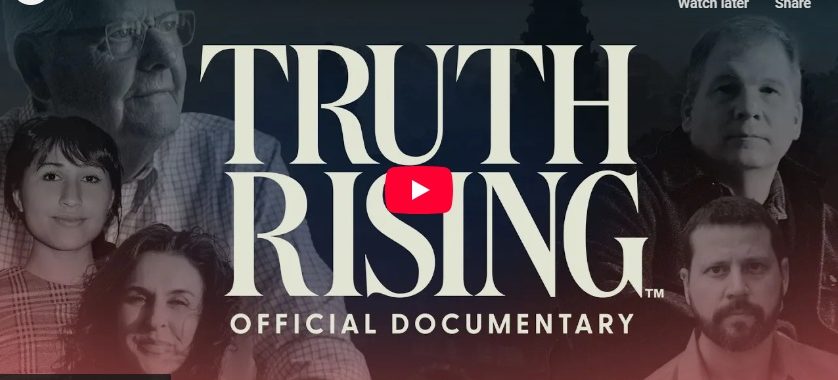Remembering Voddie Baucham

This year marks the 12th year of attending the Caring Hearts Pregnancy Resource Center fundraiser.
And while there, I was reminded of how I came to do this work.
Twelve years ago, I was working part-time as an Admissions Representative at Agape Bible College. I would often listen to sermons in the background while I worked, and one day I heard a black man speaking boldly about being pro-life and he arrested my attention. He gently shared how his mother was an unwed teenager who chose life for him in spite of the hardships she knew they would face. Then he passionately spoke about how black women have been targeted by abortionists and the resulting black genocide happening in our country. And he ended by describing the inherent value of every unborn life regardless of whether they were an unexpectant pregnancy or even the result of rape or incest. His name was Voddie Baucham and I had never heard anyone speak the way that he did and say the things that he said. I thought to myself, “I’ve got to hear him in person!” So, I Googled him and found the website of Grace Family Baptist Church in Spring, TX, where he pastored and learned from their event page that he was actually the keynote speaker for a fundraising banquet in Little Rock the next day. I went into Dean Ron Swager’s office and mentioned in passing conversation that I wanted to hear the speaker at the Caring Hearts Pregnancy banquet, but I didn’t know how to get a ticket on such short notice. By divine providence, he said that his wife, MaryAnn, had been a long time volunteer there and was a table sponsor. He made a phone call and later called me into his office to say, “Wear something nice. You’re going to the ball!”
That night, I sat with the Swagers and listened to Pastor Baucham speak about a crisis pregnancy in a way I had never heard before: He described Mary as the unwed pregnant teenager carrying Jesus Christ. As he spoke about the value and purpose of every life and the importance of every stage of life, from conception until death, I wept uncontrollably. His words were so passionate and powerful that they were like swift, well-aimed arrows hitting me in my chest. I knew the Lord wanted me to do something in the pro-life field, but I had no idea what it was. So, as I wrote what was a large check for me at the time of $50, I said to the Lord, “I don’t know what you want me to do, but I say yes to whatever it is.” That night was my first and only encounter with Voddie Baucham, but it was one that changed me forever because God used him to have an encounter with me. That night started me on a road that led to me Family Council and to the work I do today for pregnancy resource centers through ARFuture Foundation.
My story is just one of many of the lives that Dr. Voddie Baucham has changed. Dr. Baucham was a husband, father, pastor, author, professor, and church planter whose global ministry touched countless lives, but I believe the core of his faith is best shown in the family that he created over the last 36 years with his wife, Bridget, and their blended family of two biological and seven adopted children. Like myself, he and his wife decided to homeschool their family to deliberately provide a Christ-centered education that was oriented by their faith. For them, it was a form of daily discipleship, taking on the responsibility of shaping their children’s spiritual foundation and character development. He not only taught that parents, in particular fathers, should take primary responsibility for disciplining their children, but he lived it out in everyday life. This was a point brought out in his 2007 book, Family Driven Faith, where he argued for the importance of worship and participation in familial churches.
The passing of Dr. Voddie Baucham leaves a significant silence for future generations. But his legacy of faith and family will be enduring and carried on through his children, grandchildren, and those whose lives, like my own, who have been forever touched by his passion and ministry. Our prayers are with Bridget, Jasmine, Trey (Voddie III), Elijah, Asher, Judah, Micah, Safya, Amos, and Simeon.
Charisse has worked with Family Council since 2014. She helps with lobbying efforts, oversees projects and events like Pastors Day at the Capitol, and leads the ARFuture Foundation.
Photo Credit: Hope Reformed Baptist Church, CC BY 3.0, via Wikimedia Commons.



